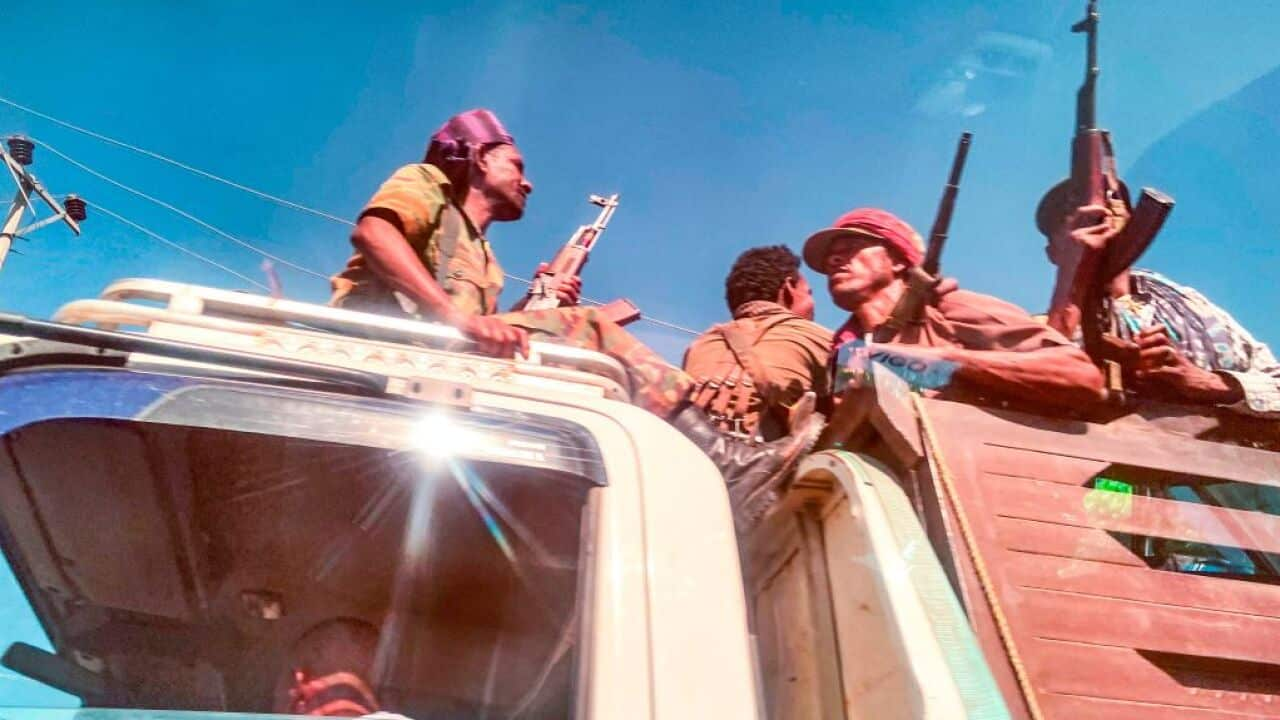Members of the African diaspora in Australia are concerned that yet another conflict on the African continent could exacerbate the suffering of communities already impacted by the COVID-19 pandemic and economic downturn it has caused.
Prominent African-Australians, during a meeting, have expressed anger and disappointment at the loss of life in Ethiopia's conflict with its restive northern region Tigray. Ethiopian Prime Minister Abiy Ahmed, a Nobel Laurette has ignored calls for de-escalation, calling the military operation a "constitutional mandate to uphold the rule of law".
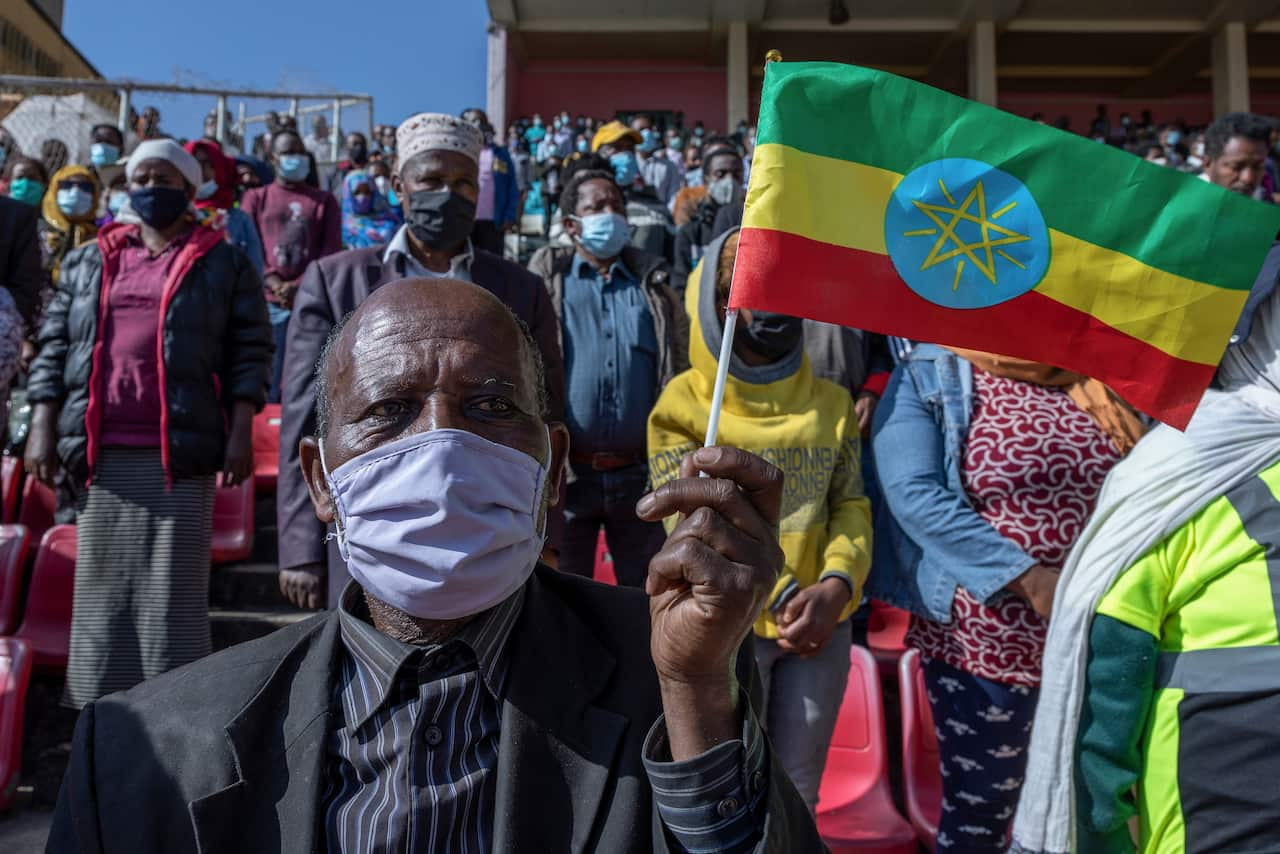
Berhan Ahmed, CEO of Africause and adjunct professor at the University of Melbourne, and Mohamed Ibrahim, former Somali Telecom Minister and now a fellow at Swanbourne and Melbourne Universities, called on the warring sides to stop the bloodshed and return to the negotiating table.
Community members have also highlighted the need for both regional and international organisations to step in to avert a "humanitarian catastrophe".
Tigray regional President Debretsion Gebremichael confirmed firing missiles at neighbouring Eritrea whom he accuses of sending the military in Tigray at the invitation of Ethiopia.
Community members in Australia say there's a risk of the conflict spreading to other parts of the region.
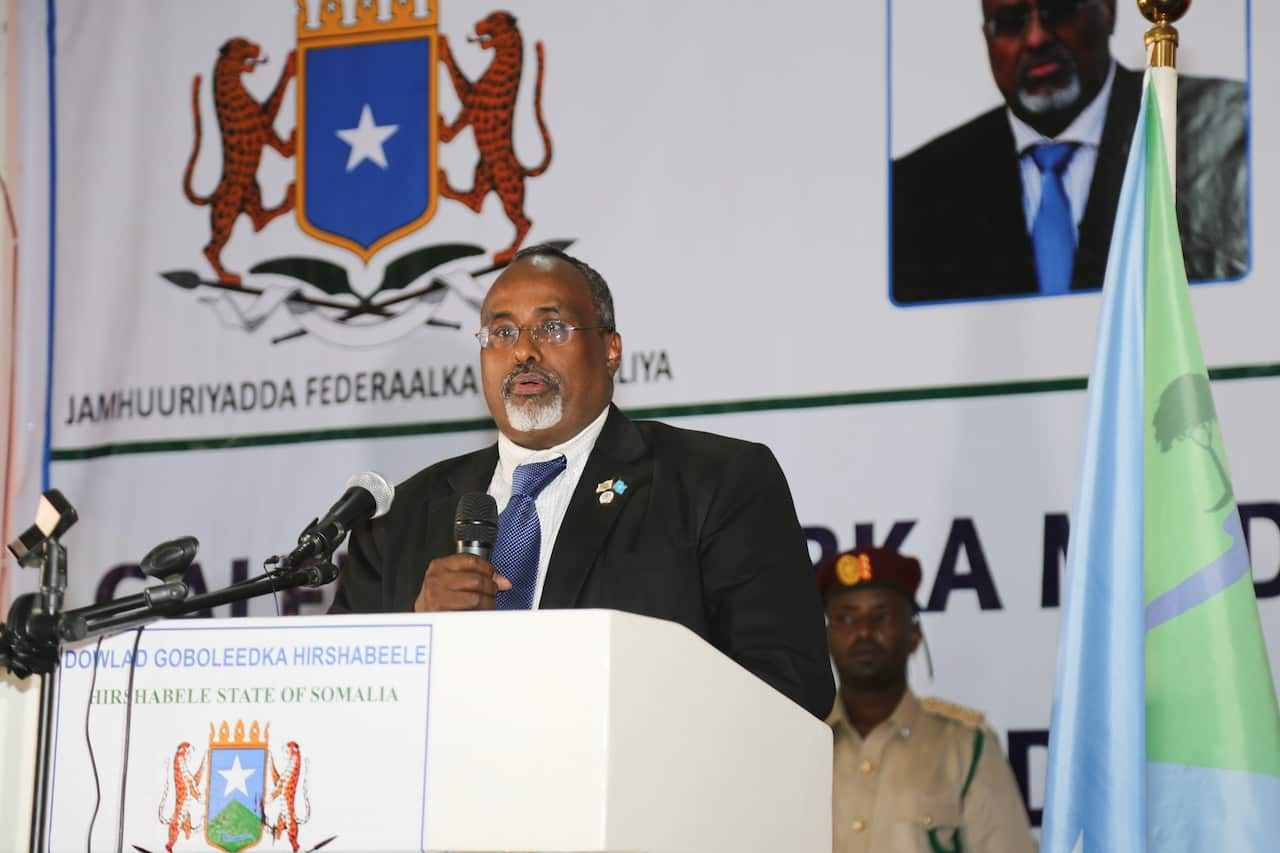
"Militant groups exploiting the conflict."
The meeting was also remotely attended by the former president of Hirshabelle (a federal state in Somalia), Mohamed Abdi Waare, who has also worked in the region as the head of International Red cross.
“The impact on Somalia, on Sudan, on Kenya, on Djibouti is just mind-boggling,” Mr Waare said.
He warned the international community that if Ethiopia’s central government collapses it will have major implication, not only for the region but the wider world.
“A conflictual Ethiopia could be a fertile ground for radicalisation, especially among the Ethiopian Muslims," he said.
“In Somalia, we are struggling with a maximum of 15 thousand Al-Shabab members; imagine an Al-Shabab or an Al-Shabab clone taking root in Ethiopia with two to three million members. God save the world.”
Reports suggest that Ethiopia has pulled back thousands of troops who were helping Somalia’s government fight an Islamist insurgency, raising concerns of a security vacuum in Somalia.
Their departure from Somalia comes as Ethiopian federal government battles the forces loyal to the ruling party in the northern Ethiopian region of Tigray.
The Ethiopian Intelligence says it has arrested 14 militant members of Al-Shabab and Islamic State groups, who were planning to carry out attacks in the capital, Addis Ababa while trying to exploit the ongoing military operation in Tigray.
Ethiopian Human Rights Commission said on Sunday that gunmen had killed at least 34 people in a "gruesome attack" on a passenger bus in western Ethiopia.
"A personal conflict"
For some members of Australia's African community, this conflict is personal and affects them deeply. Kiros Huray is from the Tigray region - the epicentre of the latest conflict. He says this is history repeating itself and brings back memories.
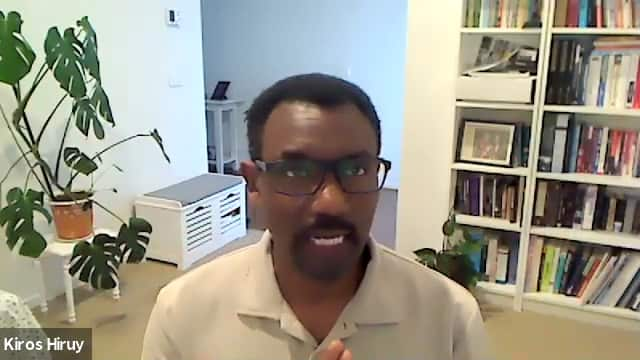
“I grew up in the war-torn Tigray. Sometimes we had to stop classes while we were in high school because of the war and would run for our lives,” he says.
“Without being in the military myself, I could tell you by sound which gun was fired. My life mission is to make sure that there is peace for our children and for our grandchildren.”
The current conflict comes two years after the Ethiopian Prime, Minister Abiy Ahmed, was awarded the Nobel Peace Prize, and many in the region saw him as a democrat and a peacemaker. However, the conflict has shattered a sense of optimism for peace in the region.
The Ethiopian capital is also the seat of African Union the peak body representing the continents 54 countries.
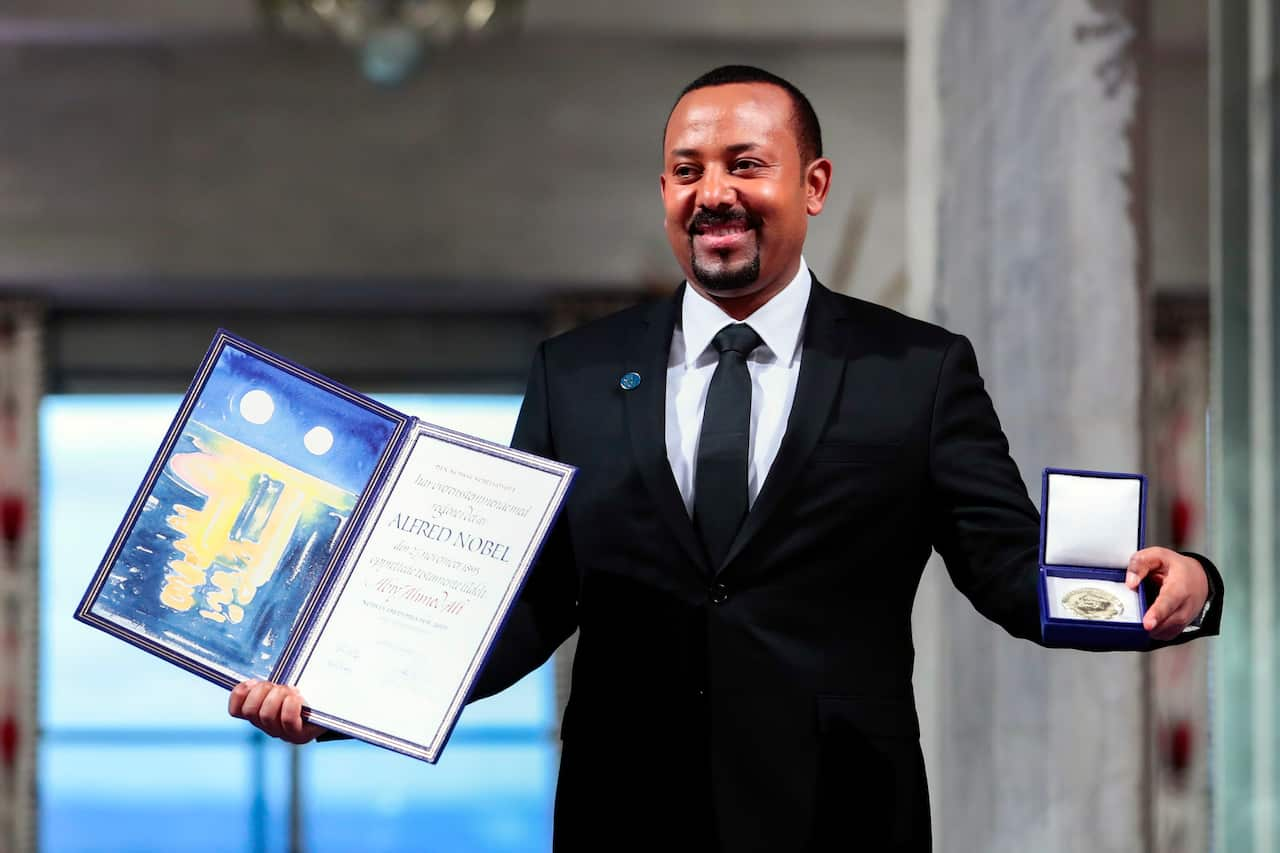
But the community members were mainly focused on how to help the civilian victims of the conflict as tens of thousands of people have entered Sudan, and more people are expected to seek shelter if the crisis continues.
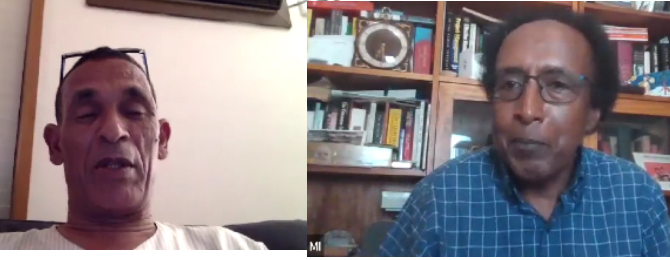
In a letter to Australia's Federal Parliament, Dr Berhan, on behalf of the group asked the Australian government and parliament to “ call for immediately ceasing hostility and support the humanitarian needs of the victims".
Another irony not lost in discussion was that the year 2020 was designated by the UN as the year of silencing the guns.
